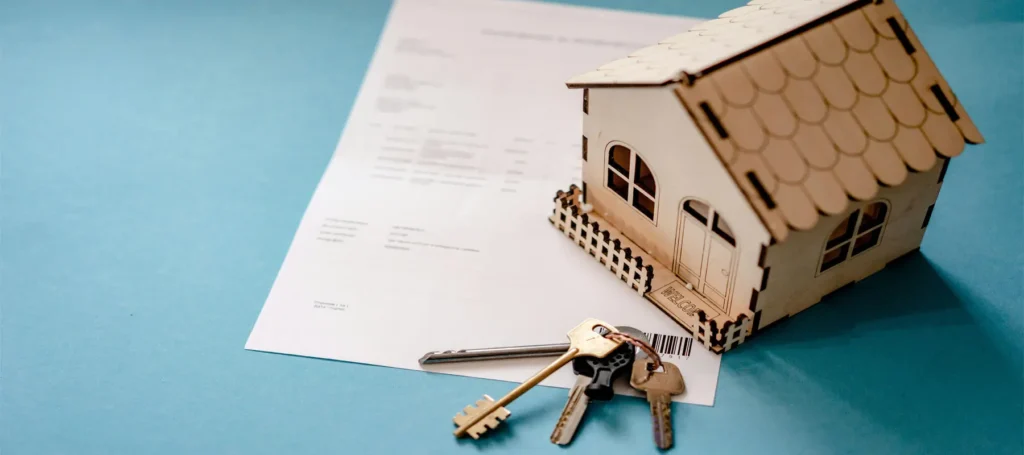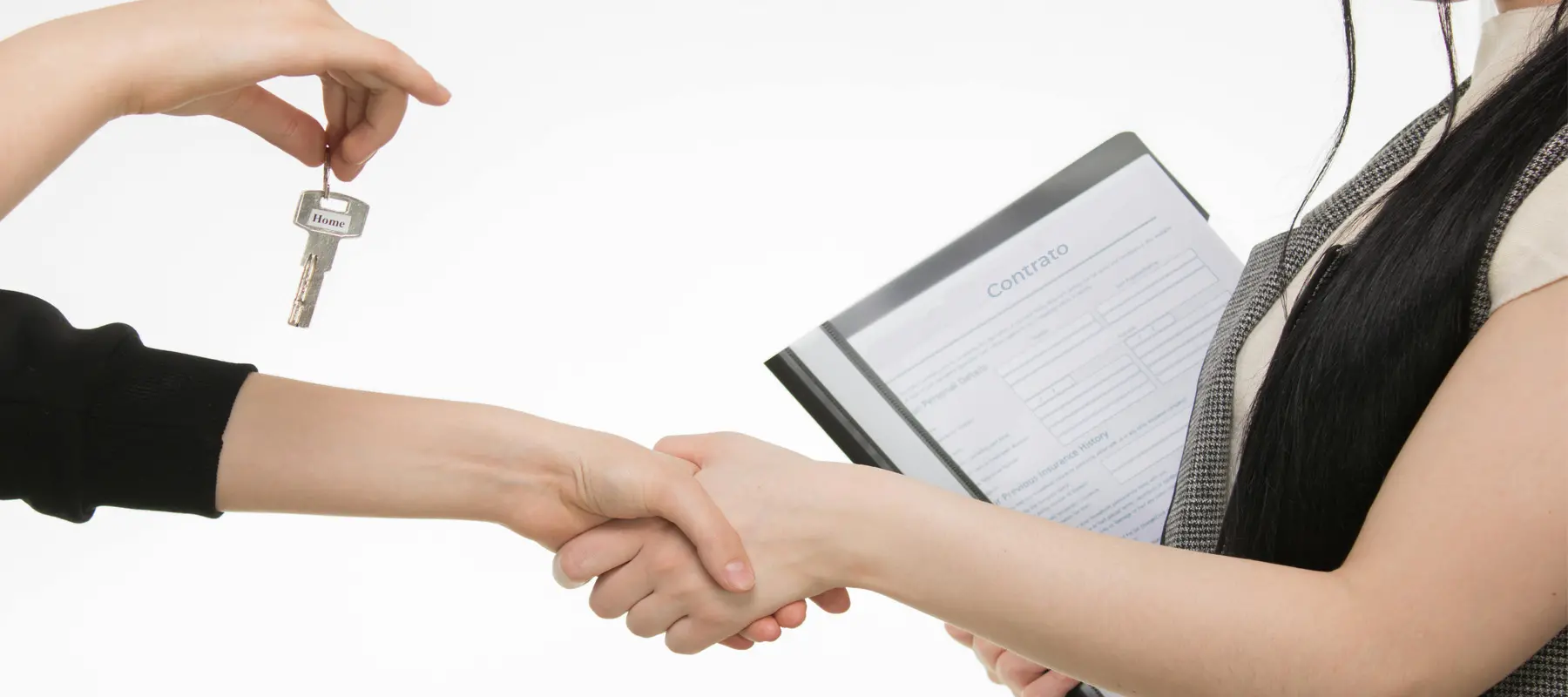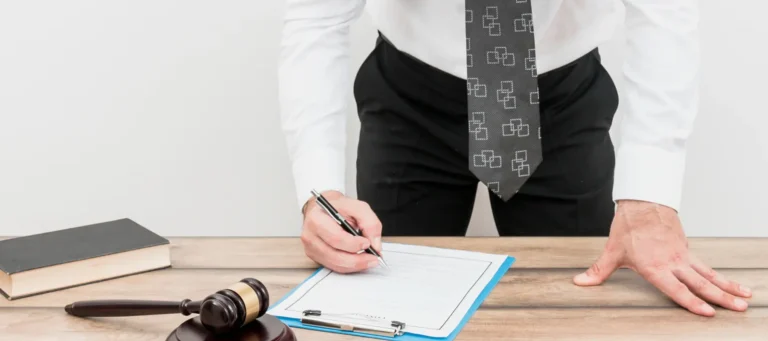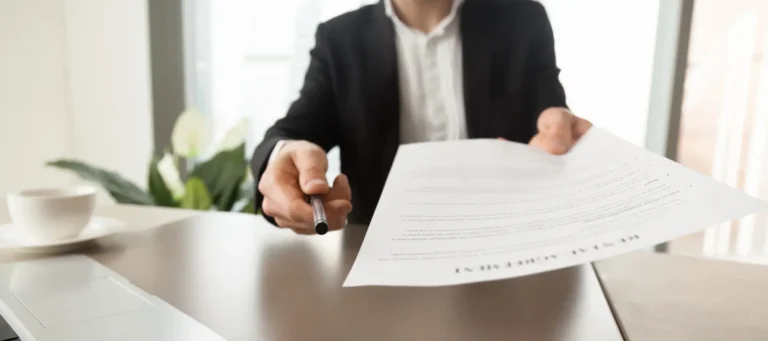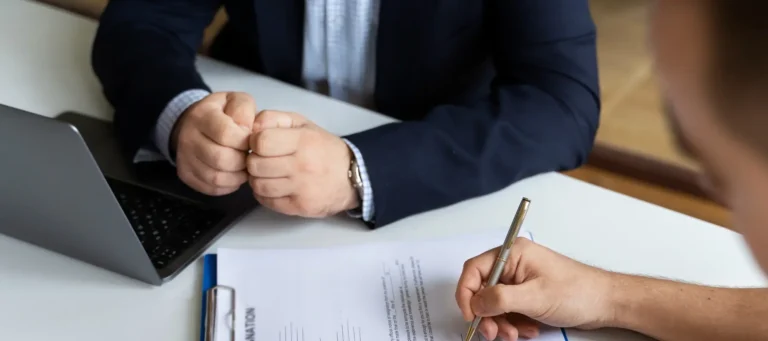Buying or selling a home is one of the biggest (and most expensive) decisions of your life. And like anything important, it shouldn’t be done with a random contract downloaded from the Internet. In Spain, a notary’s intervention is legally required—not just to sign, but to give the transaction legal validity and safety.
At Legal Allies, we assist people from around the world in purchasing property in Spain. Many don’t realize that without a notarized deed, you’re not the legal owner and can’t even register the property.
Here’s why you need a notary in the purchase or sale of a property, what they actually do, how much it costs, and how they protect you legally.
Is It Mandatory to Go to a Notary for Property Transactions?
Yes, if you want to be the legal owner.
You can sign a private agreement between buyer and seller (called a “private sale contract” or “arras”), but:
- You cannot register the property in the Land Registry without a notarized deed.
- You are not protected against third parties.
- The transfer of ownership is not legally complete until you sign before a notary.
So yes—the notary is essential to legally finalize the process.
What Does the Notary Do in a Property Transaction?
The notary is a neutral public official who:
- Drafts and certifies the deed of sale.
- Verifies that both parties understand what they’re signing.
- Checks that the property is free of debts (mortgages, liens…).
- Reviews the property’s land registry and tax records.
- Ensures the payment is made legally.
- Notifies the Land Registry of the sale.
- Calculates and processes the applicable taxes (like capital gains).
In short: they provide public legal certification. What’s signed becomes officially valid and enforceable by law.
What Documents Do You Need to Sign?
If you’re the buyer:
- ID or passport.
- NIE if you’re a foreigner.
- Proof of payment (bank transfer, banker’s draft…).
- Bank account number for tax payments.
If you’re the seller:
- Title deed to the property.
- Latest property tax (IBI) receipt.
- Mortgage clearance certificate (if applicable).
- Energy efficiency certificate.
- ID or passport.
What If You’re a Foreigner?
You can buy property in Spain even if you’re not a resident. But you’ll need:
- An NIE (Foreign ID number).
- A Spanish bank account.
- Proof of funds if you’re coming from outside the EU (for anti-money laundering compliance).
- A certified translator if you don’t speak Spanish (the notary may require one).
At Legal Allies, we guide you through the entire process: NIE, contract review, choosing a notary, translation, mortgage assistance… and more.
Who Chooses the Notary in a Property Sale?
The buyer has the right to choose the notary.
The estate agent or bank (if there’s a mortgage) might suggest one, but you can select any notary you trust. And no, the price doesn’t vary significantly.
How Much Does It Cost to Sign Before a Notary?
Notary fees are regulated by law, so:
- Deed of sale: €500 to €1,000, depending on property value.
- Land Registry registration: another €300 to €600.
- Additional expenses: management, taxes, copies…
If there’s a mortgage, a second notarial deed is required, with separate costs.
At Legal Allies, we calculate all expenses upfront—no surprises at the last minute.
What Happens After You Sign?
- The notary sends the deed electronically to the Land Registry.
- Taxes (Transfer Tax or Stamp Duty) are processed.
- Within weeks, your name will appear as the new owner.
- You’ll receive an official notarized copy of the deed.
Real-Life Cases
Victor and Anne, a French couple, were buying a flat in Costa Blanca. The estate agent gave them a private contract, but Legal Allies discovered the property had a tax lien. Thanks to the notary and our team, they avoided the deal and found another property, debt-free.
Nora, a self-employed professional, sold her flat without legal advice. The buyer never registered the deed. Years later, Nora received fines for unpaid taxes and trash collection on a flat she no longer owned. We always advise: never sell without a notarized public deed and proper registration.
A notary isn’t just a witness in a property deal—they’re your legal shield. Signing without one is like buying a car with no papers: it might seem fine… until something goes wrong.
At Legal Allies, we guide you from reservation to signature. We review contracts, help select the notary, manage taxes, and protect your investment.
Because your new home shouldn’t just be beautiful—it should be legally bulletproof.
